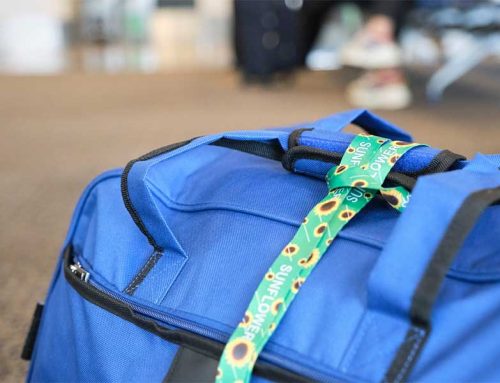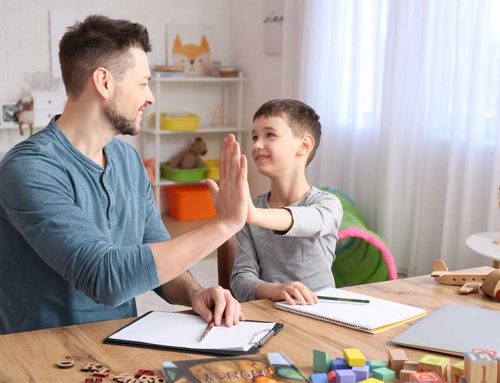“Just popping to the toilet… ”
For as long as I can recall, socialising had always been very hit-and-miss. I was hyperlexic and by the time I was two and a half years old I could read the paper. My primary school teachers would send other children to me to have their spellings checked, which is where the flame that fuelled my passion to teach was ignited.
As I progressed throughout life the library was my friend. During school, after school, weekends and holidays. I could be found assisting the librarians or I would have secreted myself away into a corner with a book on the ancient Egyptians – a particular focus of mine which has carried on throughout my adult life.
Friendships and relationships were always challenging. They were hard work. I felt awkward and weird. Maintaining them was, largely, annoying and I enjoyed my own company. I did not feel the necessity to have friends but I mastered the art of conforming to societal standards and seemed to fit in, albeit on the outskirts.
In my early 20s I experienced on-and-off periods of depression, which resulted in a continuous bell curve of emotions supported by anti-depressants. I could not understand why I was consistently prescribed medication which did not seem to solve the problem. An article in The Guardian in November 2021 highlighted this succinctly:
“…Others had wasted decades being misdiagnosed, prescribed unnecessary drugs and forced to remain in mental health wards while experts failed to diagnose their condition – or refused to listen to the women’s accurate self-diagnosis because, the experts insisted, the woman did not “look” or “act” autistic.”
Women were brushed aside and their pleas for help ignored. What does an autistic woman look like? How should she act? When I began teaching I viewed my students from a person-centred perspective. I would meet with prospective adult students, individually, to discover more about them and how I could meet their needs in the classroom. I listened and created lesson plans and resources to support each individual. Their learning experience was paramount to me. If the ‘experts’ who failed to recognise multitudes of women took the same approach to their profession as I did to mine, perhaps many thousands of women would have been diagnosed and supported much earlier.
Thirty years ago I would never have thought I could be autistic. Autism was not a diagnosis that would have even crossed my mind, let alone my GPs.
In 2018, Channel 4 aired a documentary, ‘Are you Autistic?’ It was hosted by Anna Richardson, who had lived experience of autism through her nephew. It was while watching this programme that I began to realise I could be one of the thousands of people who were living without an autism diagnosis.
I completed the Autism Spectrum Quotient (AQ), which suggested that I would qualify as autistic, but failed to follow through with my GP as I was concerned he would refuse a referral.
Part of my job entailed staying in a hotel on a quarterly basis, with other team members, for our quarterly meetings. As the time to travel to the events approached I would become increasingly anxious. The socialisation aspect of being away was something that I found challenging. In the evening my colleagues would meet in the bar, prior to dinner and, again, for post-dinner drinks. Small talk was my nemesis and the more I tried to do it the more awkward I became. I became notorious for the phrase, “I’m just popping to the toilet”. In actual fact, I would go to my room and not be seen until the following day. The sense of relief when I closed the door and could begin to relax was incalculable.
In 2021 I took a leap of faith and approached my GP, who was more than happy to complete the paperwork and nearly a year later I received a formal autism diagnosis. I cried when the psychiatrist told me. I cried for the misunderstood version of me. I also cried with relief as it answered so many questions I had about who I was.
Naturalist, BBC presenter and fellow autistic, Chris Packham, helped to create the short series ‘Inside our Autistic Minds’. Each episode focused on different autistic people and how they view the world around them. In the first episode we were introduced to Flo, an improvisational comedian. I resonated with Flo because when she stepped off the stage, after a gig, she explained that she had been incredibly nervous. Over the years Flo had mastered the art of masking.
I am a ‘Masking Master’ too, I just did not realise it.
Every time I teach or speak at events or groups I feel like a boxer psyching himself up as he is about to jump into the ring. I put on my mask and play the part. It takes an enormous amount of mental and physical energy. When it is over I am exhausted and I can remove the mask and be me.
Autism Acceptance Week was established to create more awareness of autism and de-bunk the misconceptions that surround it. However, over the past six months I have been able to take the time to accept that I am autistic. I have the ability to investigate, research, reflect on my past and learn from it. I am and always will be a work in progress and accepting who I am is easier because of an autism diagnosis.






Leave A Comment